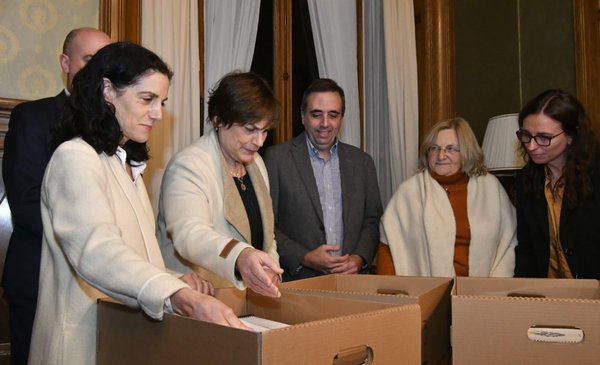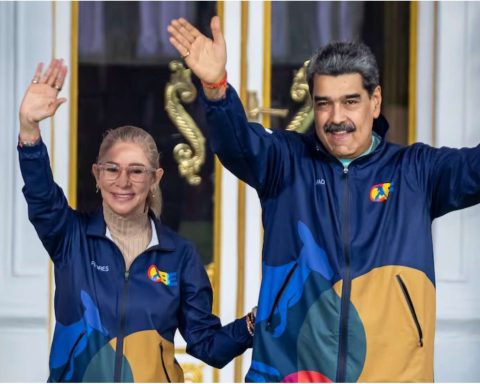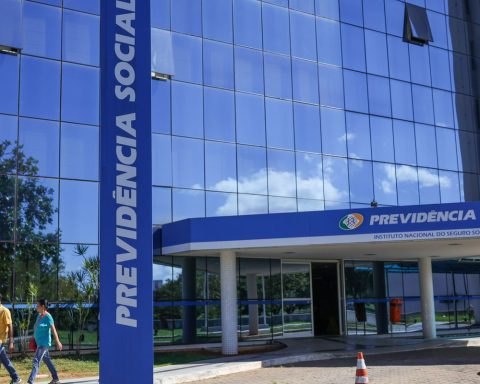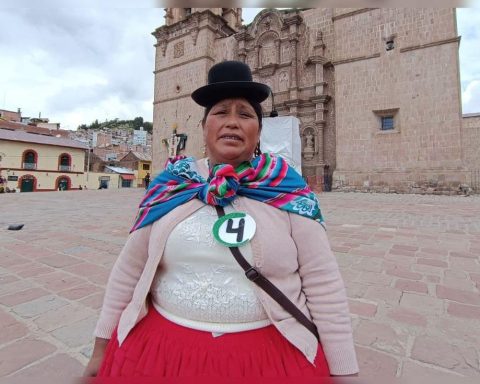This Friday the Minister of Economy, Azucena Arbeleche, delivered to Parliament the Accountabilitythe last addition that the government of Luis Lacalle Pou with the possibility of increasing spending.
As already announced, this year the only increase in spending will be US$ 20 million to allocate to addiction and mental health programstwo aspects in which the government set priority.
But in addition to the Accountability project, Minister Arbeleche pointed out that the government presented a request to Parliament to increase the “net indebtedness of the central government”, a power granted by the Urgent Consideration Law in article 699. Said article establishes that the Executive Power may increase the indebtedness up to 30%.
The Minister of Economy explained that the current ceiling is US$ 2.3 billion and that it is intended to increase 30% using the “safeguard clause” of the LUC.
This has to do with the water deficit that the country has been going through for three years and which led the government to declare a water emergency in the metropolitan area. “From the management point of view, we want to convey that the approach we are making to this emergency situation is similar to that of the pandemic,” said the minister.
mental health and addictions
The main actions that the government will carry out in these two matters were presented this week by the ministers Martín Lema, of Social Development, and Karina Rando, of Public Health. The Administration of State Health Services (ASSE) and the National Drug Board (JND) will also intervene in these actions.
Although the only increase in spending in this project will be the US$20 million for mental health and addictions, this year’s Accountability It will mean a tax waiver of US$ 170 million due to the IASS and personal income tax reductions.
On June 23, when she presented the bases of the Accountability to the deputies, the Minister of Economy recalled that there are US$ 337 million that are carried over from the project approved in 2022.
Of this total, US$141 million will go to public sector salaries, within the framework of an agreement reached by the Confederation of State Officials (COFE), in addition to US$55 million for education, US$36 for health policies and US$22 for security. The rest is divided into different public policies.
In the project, the Executive may “propose the modifications it deems essential to the global amount of expenses, investments and salaries or resources and make creations, suppressions and modifications of programs for duly justified reasons”. Each chamber will have 45 days to pronounce itself, once the project has been received.

















